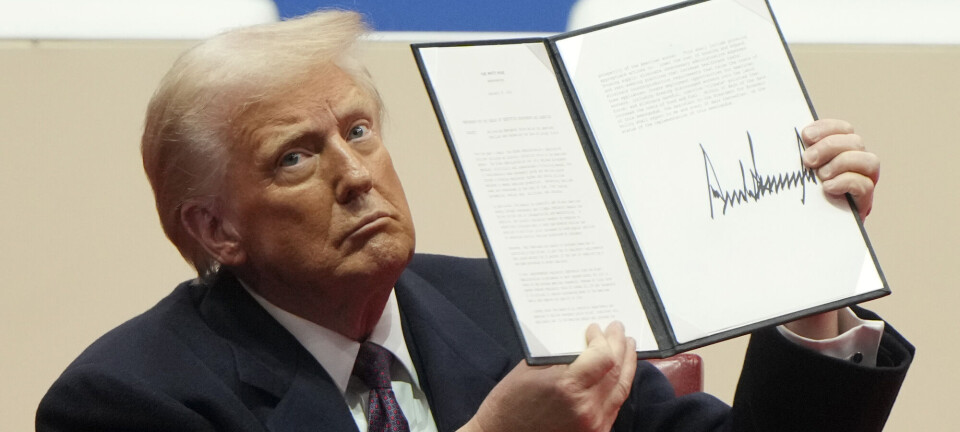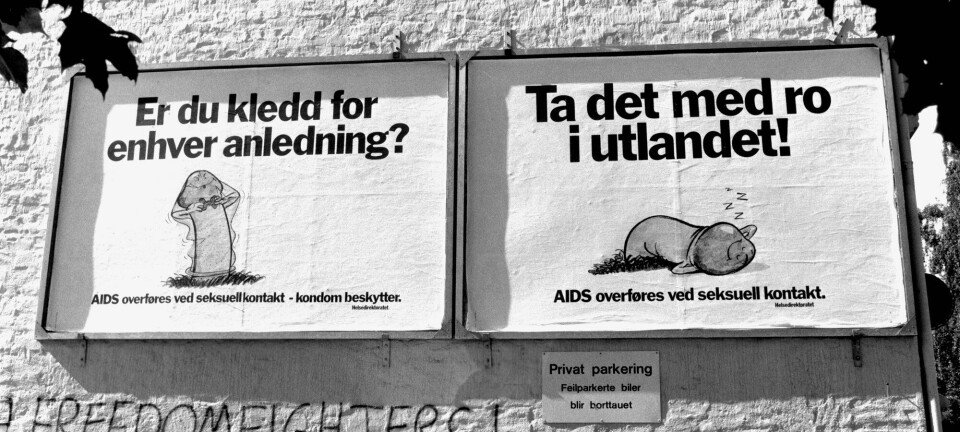A breakthrough HIV injection was set to change the game in 2025 – until Donald Trump took office
Now, HIV-positive individuals in Africa are met with closed doors at US-supported clinics.
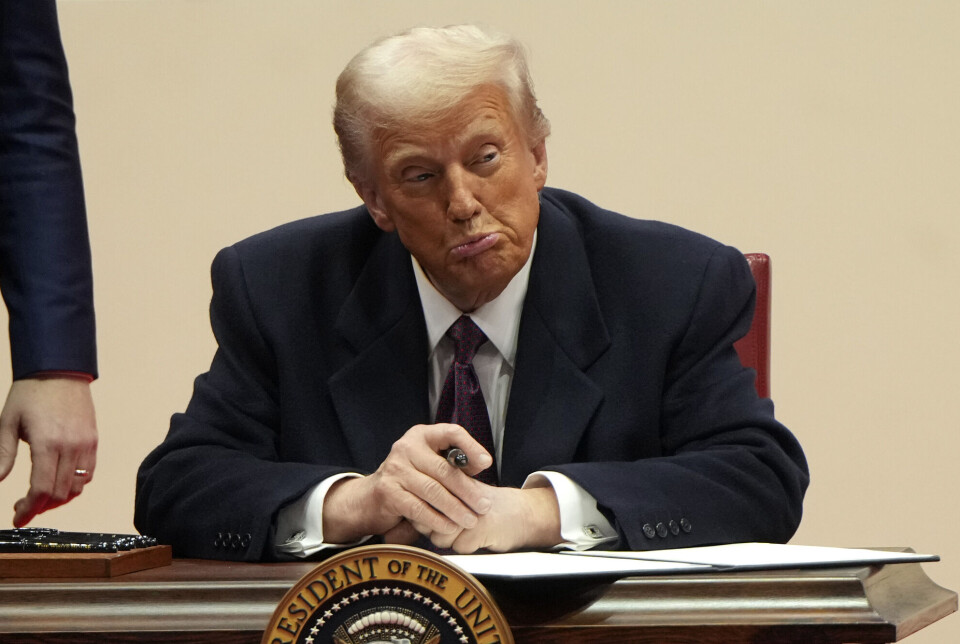
An injectable drug that protects against the HIV virus for six months was named the breakthrough of the year in 2024 by the scientific journal Science.
Then, on January 20, 2025, Donald Trump was inaugurated as the President of the United States for the second time.
Not only did he withdraw the US from the World Health Organization (WHO). He also suspended foreign aid for 90 days.
Most viewed
So how does Trump's policy impact the fight against HIV and AIDS?
More than 20 million HIV-positive people in 55 countries receive their treatment from US aid, according to UNAIDS, the UN agency for combating HIV.
"A lot is at stake. And I would say that for HIV and AIDS, it's like night and day," Thorkild Tylleskär, paediatrician and professor at the University of Bergen, tells sciencenorway.no.
Met with closed doors
A little over a week after Trump's inauguration, the White House announced some exceptions to the aid freeze. Life-saving treatments would still receive support.
But exactly what this means for HIV patients and those at risk of infection remains unclear.
Several days after the exceptions were announced, people were met with closed doors at HIV clinics in Johannesburg, the capital of South Africa, according to the New York Times.
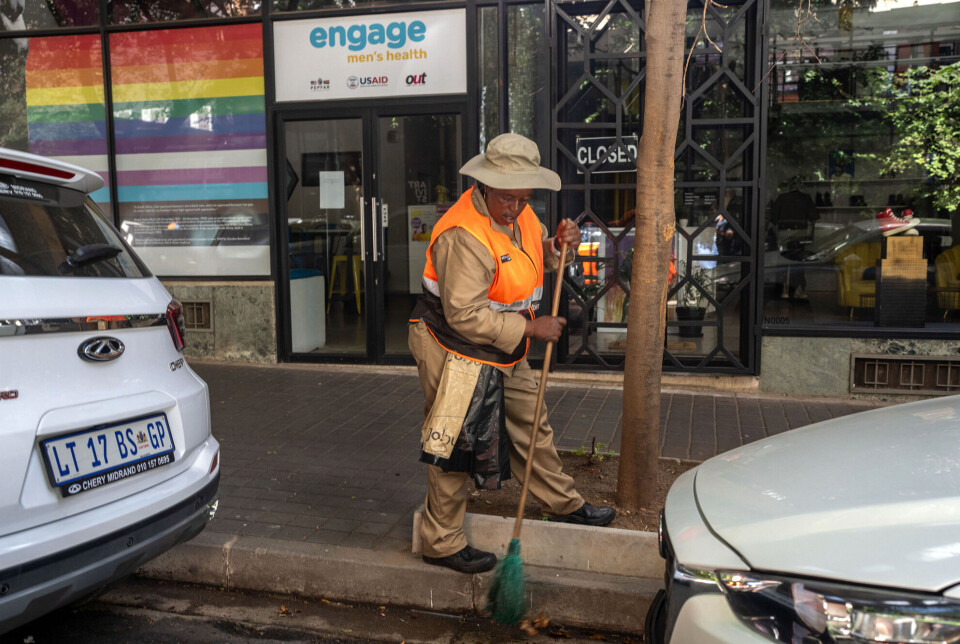
An estimated 6.3 million people could die
The big question now is: What happens after the 90-day freeze?
If the aid cuts continue, it will be catastrophic for all HIV-positive individuals who lose access to their medications, according to Tylleskär.
"They will immediately experience a high resurgence of the virus in their blood. After about a week, they could start infecting others," the researcher says.
Without treatment, HIV eventually leads to the deadly disease AIDS.
UNAIDS has calculated how many would die if aid is permanently stopped.
They estimate that 6.3 million people could die from AIDS-related causes during Trump's presidency.
At the same time, the infection could spiral out of control.
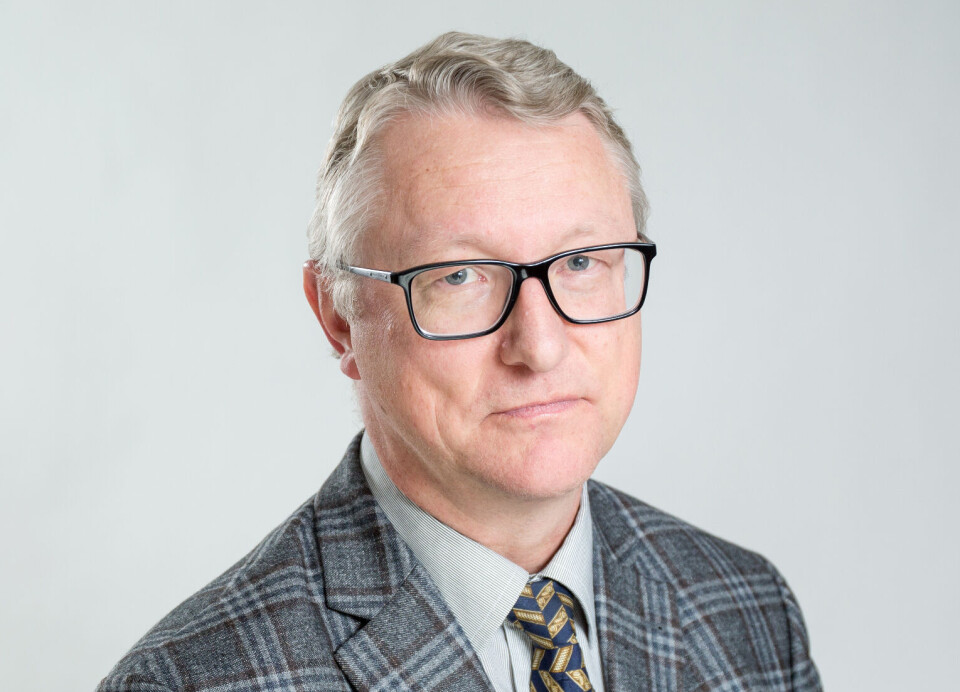
A setback for the promising HIV injection
However, the dramatic projection assumes that no one steps in to fill the gap.
Tylleskär points out that perhaps other countries or wealthy philanthropists will step up if the US withdraws its support.
Regardless, the situation stands in stark contrast to the hope many had for 2025.
"This is a moment in time we cannot miss," Meg Doherty from WHO writes to sciencenorway.no.
The preventive HIV injectable drug lenacapavir, which was named breakthrough of the year in 2024, could be ready for use by the end of the year.
But with the US pulling out of WHO, the rollout faces serious obstacles.
"Lack of funding for WHO will put this moment at risk," writes Doherty.
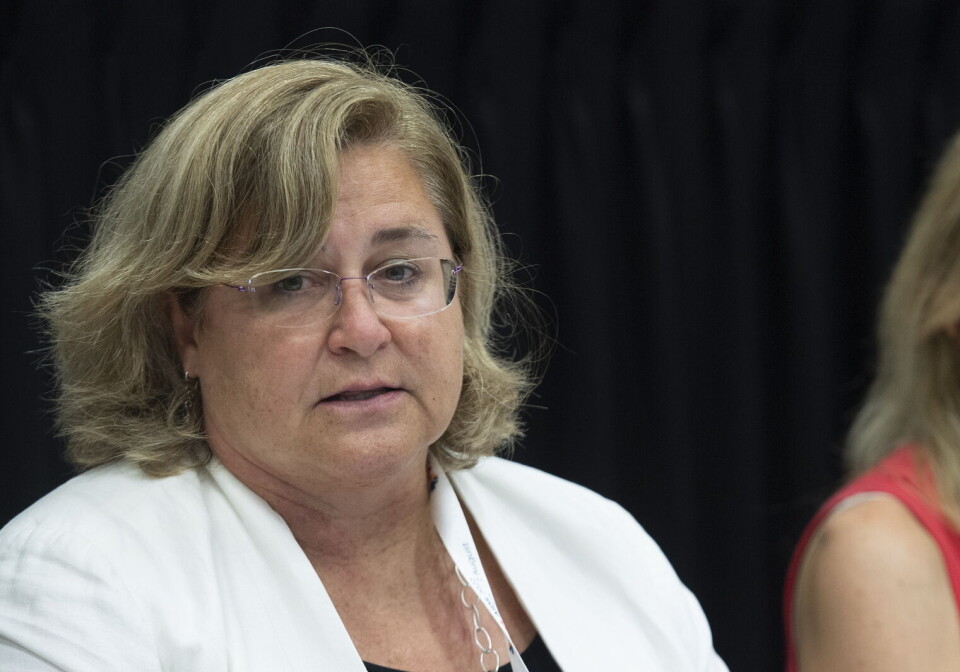
"Opportunity to change the trajectory of the HIV epidemic"
Gillead Sciences, the company behind lenacapavir, has signed agreements with other manufacturers to produce the injections at a low cost for 120 developing countries.
WHO's role is to establish norms and standards for the medication's use.
They are also responsible for ensuring that all local regulations are in place so that the treatment can be distributed.
"We have a collective opportunity to change the trajectory of the HIV epidemic for all countries and to move towards reaching the sustainable development goals of ending AIDS as a public health threat," writes Doherty about what is at stake.
Gillead Sciences has not responded to forskning.no/sciencenorway.no's questions about how the US withdrawal from WHO will affect the timeline for making lenacapavir available in developing countries.
———
Translated by Alette Bjordal Gjellesvik
Read the Norwegian version of this article on forskning.no
Related content:

Subscribe to our newsletter
The latest news from Science Norway, sent twice a week and completely free.













